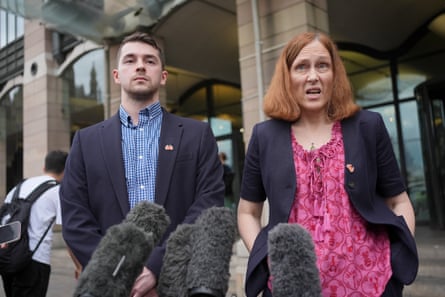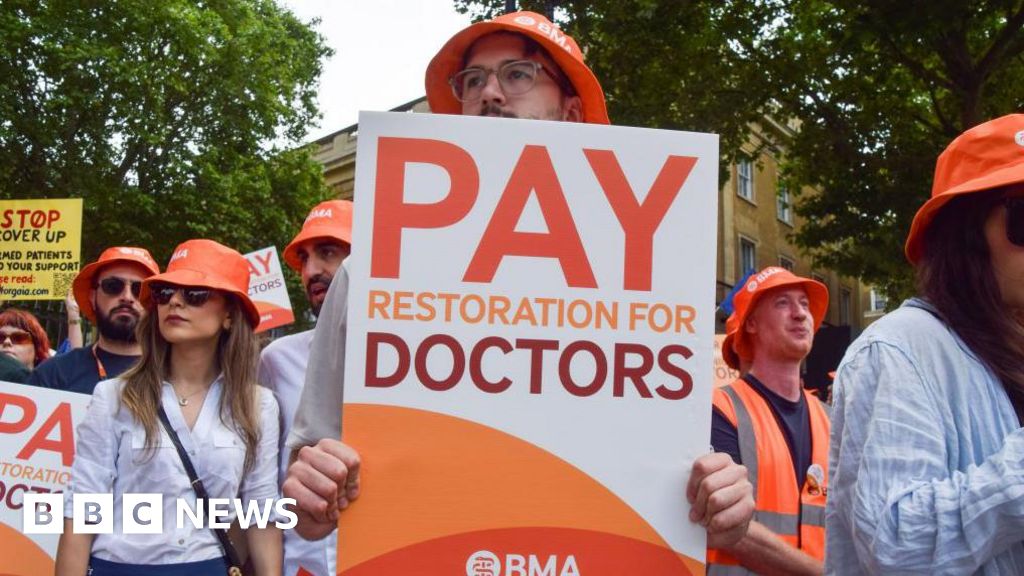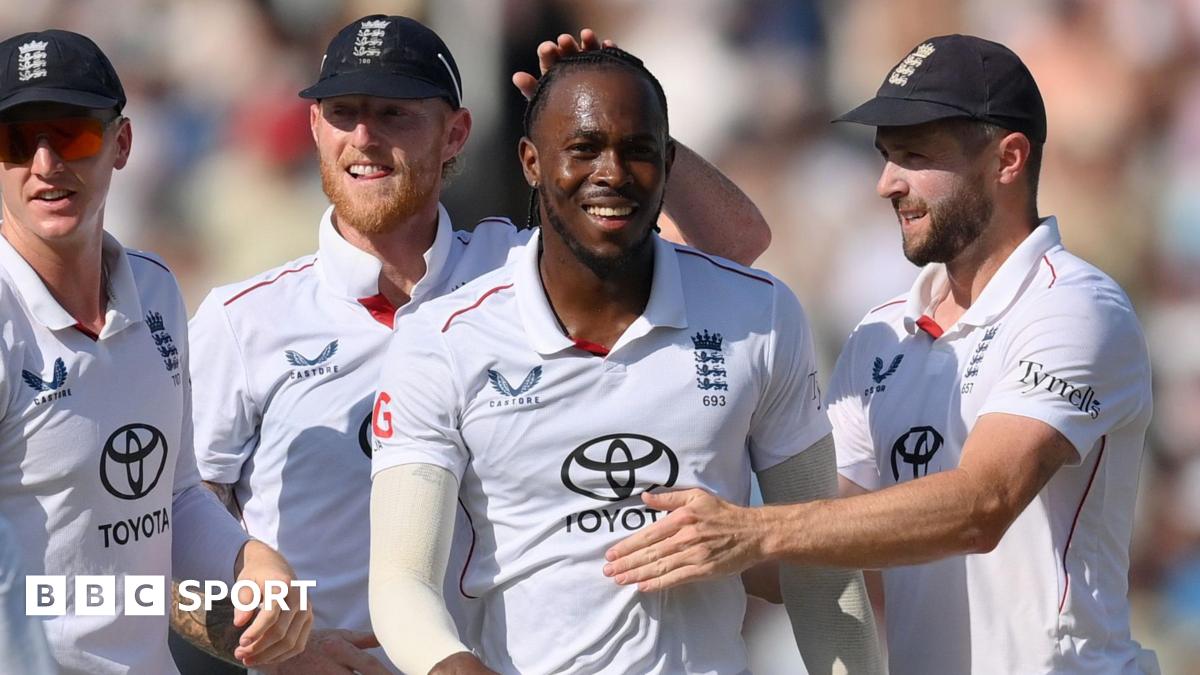Hopes are rising that next week’s strike by resident doctors in England will be called off after their leaders had a “constructive” meeting with the health secretary and agreed to hold further talks.
The co-chairs of the British Medical Association’s resident doctors committee met Wes Streeting for 90 minutes – longer than the hour they had planned – in Westminster on Thursday afternoon.
“We had a constructive conversation with the BMA today and we’ll be having further conversations in the coming days to try to avoid strike action”, Streeting said.
He urged co-chairs Dr Melissa Ryan and Dr Ross Nieuwoudt to abandon the doctors’ union’s plan for the 55,000 resident – formerly junior – doctors it represents to strike from 7am next Friday, 25 July, regardless of the outcome of their next set of talks. It is unclear when they will happen.
He is keen to avoid a renewal of the industrial action over pay during which resident doctors hold 11 strikes, totalling 44 days, during 2023 and 2024. Those strikes, and action by other NHS staff, forced the health service to cancel about 1.5m appointments and cost it an estimated £1.5bn.
The BMA has been seeking a 29% rise for resident doctors – a demand Streeting has called “completely unreasonable” after he gave them a 22% rise last year for 2023/24 and 2024/25. However, today’s talks focused on other issues relating to resident doctors’ working lives, as Streeting has refused to reopen negotiations on the 5.4% pay award for 2025/26 that he has imposed on them.
“While we cannot move on pay after a 28.9% pay rise [over the last three years], we are working on areas where we can improve working lives for resident doctors.
“Strikes have a serious cost for patients, so I am appealing to the BMA to call them off and instead work together to improve their members’ working conditions and continue rebuilding the NHS,” he added.
Streeting is keen to strike a deal with the BMA that would give it enough reasons to call off the strike but without compromising his refusal to give resident doctors more money this year. The Guardian disclosed on Thursday that he is considering offering doctors a new system of “forgiveness” of the student loans built up at medical school, which can be as much as £100,000, as a way of putting more money in their pockets without big annual pay rises.
Hospitals have begun rescheduling outpatient appointments and operations that were due to take place during 25-30 July and arranging for senior (consultant) doctors to cover shifts left vacant by striking colleagues. Resident doctors staged 44 days of stoppages during 2023 and 2024.

However, Nieuwoudt warned that there was only a limited opportunity for the talks with Streeting to bear fruit after their “productive” encounter.
“We have a very small window of opportunity over the next few days to avert strike action,” he said after the meeting.
after newsletter promotion
“Talks today have been constructive. They’re a first step. It was a very high-level discussion. We’re looking forward to more discussions to hopefully avert strike action. No one wants strikes: patients don’t want strikes, we don’t want strikes and the government doesn’t want strikes.
“So hopefully the next few days will be very, very useful.”
Asked for the deadline to avoid strike action, Nieuwoudt said: “Not long, so time is not our friend at the moment. We have precious, precious few days in order to make sufficient progress in order to avert strike action. Hopefully we can meet at a pace that is sufficient and reasonable.”
In a recent exchange of letters, Streeting told Ryan and Nieuwoudt that while not budging on this year’s 5.4% rise, he would make other, non-pay-related improvements to their working lives.
That includes creating more places for trainees to start training in their chosen branch of medicine and making rotational training – during which early career doctors work in several hospitals – less disruptive.
In their reply they emphasised their willingness to meet and talk. But they said there had not been enough progress under Labour on issues such as the NHS’s shortage of places for doctors in training to embark on their specialist training and a new system of “exception reporting” of patient safety incidents.

 4 hours ago
2
4 hours ago
2









 English (US)
English (US)